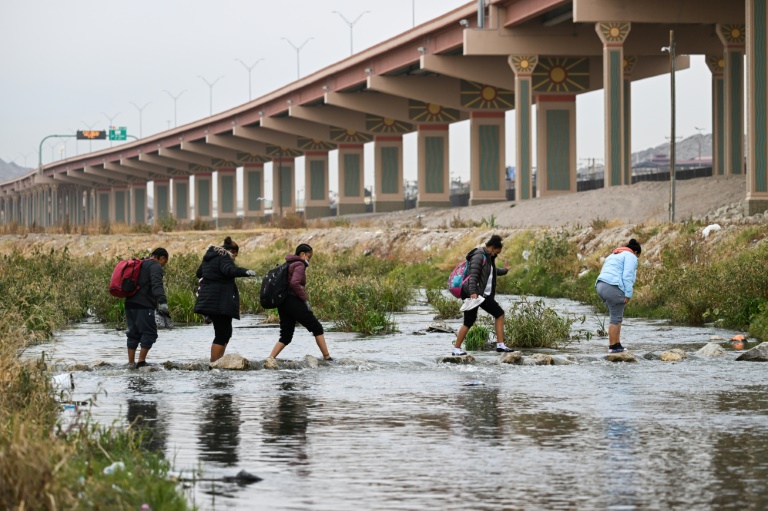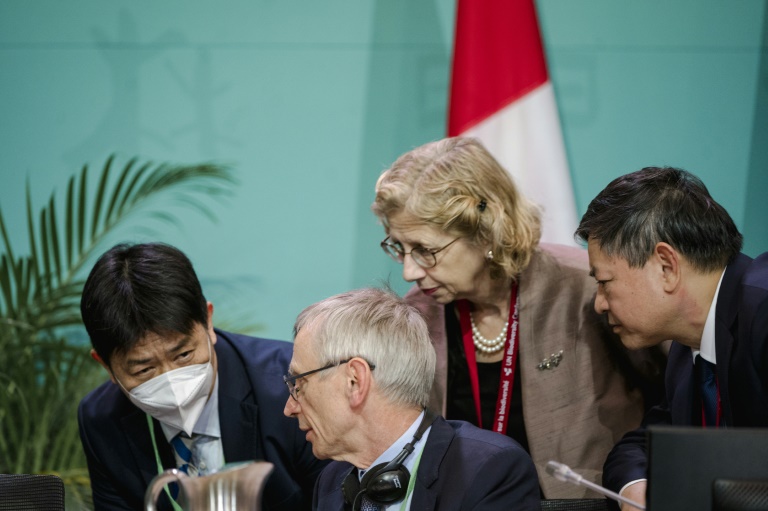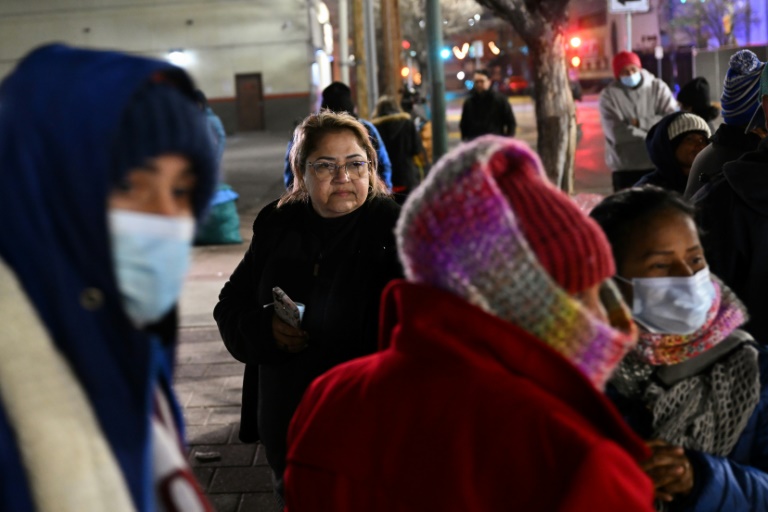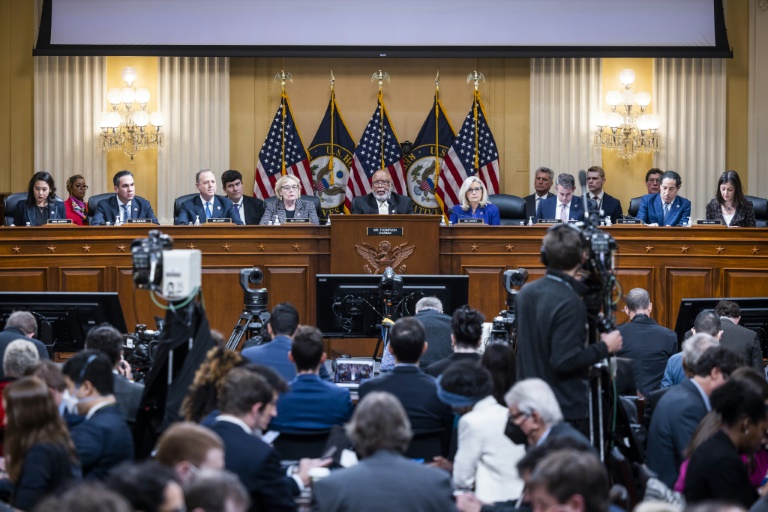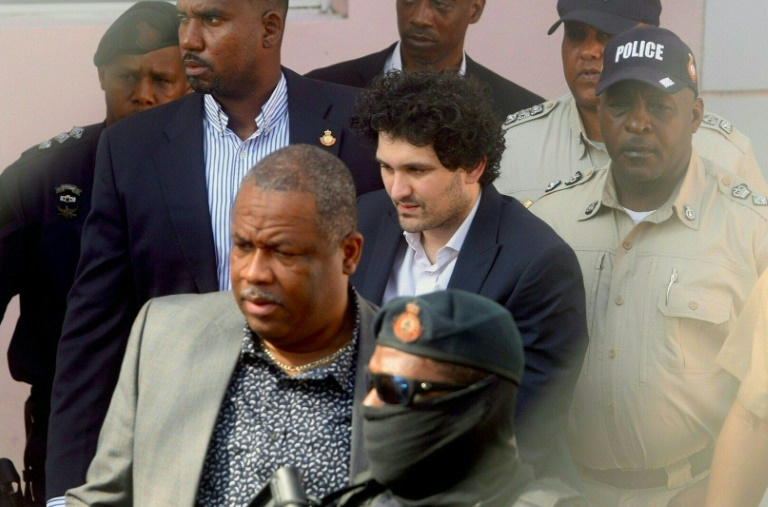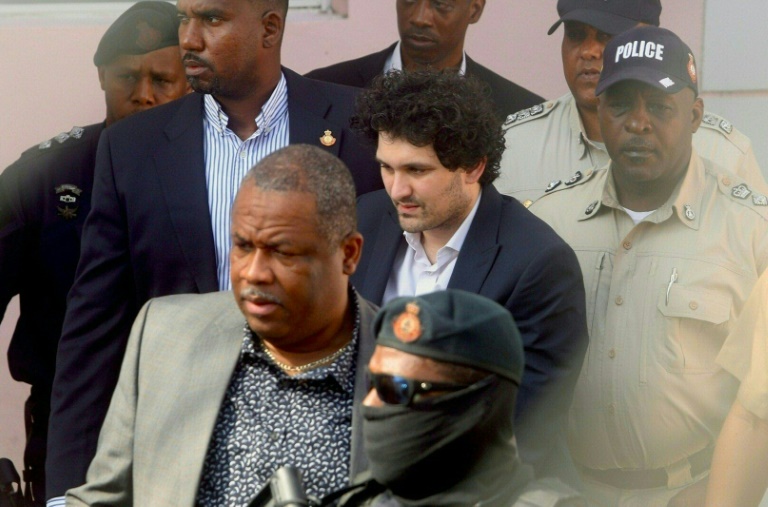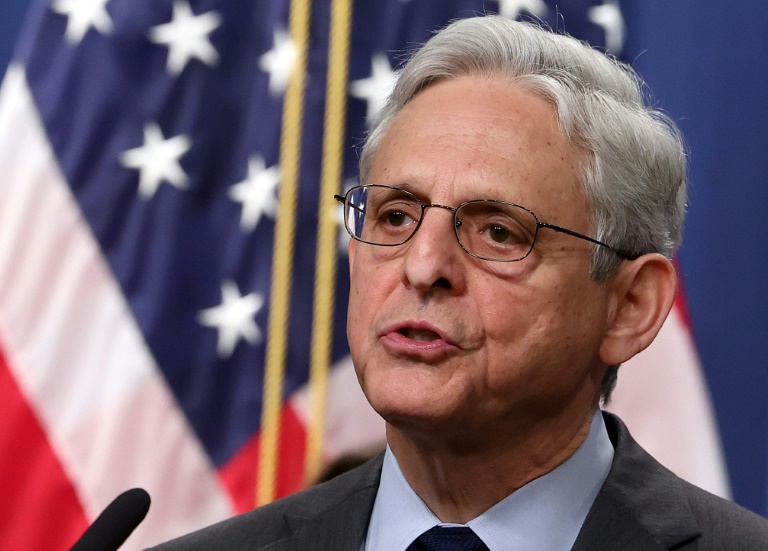Asian markets mostly down on worries over rate hikes, inflation
Most markets fell in Asia on Tuesday following a sell-off in New York as traders fret that central bank efforts to tame inflation will tip economies into recession.
Sentiment was also being weighed down by a spike in Covid infections in China as officials roll back many of the strict containment measures that have been in place for almost three years.
A so-called Santa rally appears to be eluding investors, with the mood dampened by last week’s warnings from the Federal Reserve and European Central Bank that they will likely push interest rates higher than expected next year.
The remarks dealt a blow to a short rally across equities that had been fuelled by data showing inflation coming down.
Adding to the selling pressure were comments from former New York Fed chief William Dudley, who told Bloomberg Television that any sign of optimism in markets could make monetary policymakers tighten even more.
In early trade, Hong Kong led losses with tech firms tracking a sell-off in US giants including Amazon and Apple, while Shanghai, Sydney, Seoul, Singapore, Wellington, Taipei, Manila and Jakarta were also in the red.
However, Tokyo edged up slightly ahead of a Bank of Japan policy decision later in the day.
“Those who were in the camp of a year-end rally are now second-guessing their investment thesis,” said JC O’Hara of MKM Partners.
“The markets may have placed a little too much faith in Santa Claus and the rally he typically brings.”
With few catalysts to drive trade, investors are winding down for the Christmas break, though they are keeping a close eye on developments in China, which is suffering a sharp jump in Covid cases.
Officials last month started to move away from their rigid zero-Covid policy of lockdowns and mass testing following widespread protests.
And while the shift has been welcomed as a much-needed boost to the world’s number-two economy, there is growing anxiety about the immediate impact on businesses and the healthcare system.
“A massive China reopening bounce is giving way to a reality check as investors come to grips with numerous zero-Covid offramp economic and medical issues that China is simply unprepared to handle,” said SPI Asset Management’s Stephen Innes.
“Especially if the predicted 10 million-plus daily Covid cases hit the healthcare system later this month.”
Still, the expected pick-up in demand from the China reopening continues to support commodity prices, with both main oil contracts up more than one percent, extending Monday’s gains.
– Key figures around 0230 GMT –
Tokyo – Nikkei 225: UP 0.3 percent at 27,315.54 (break)
Hong Kong – Hang Seng Index: DOWN 0.6 percent at 19,242.72
Shanghai – Composite: DOWN 0.4 percent at 3,099.38
Euro/dollar: DOWN at $1.0607 from $1.0610 on Monday
Pound/dollar: UP at $1.2153 from $1.2148
Euro/pound: DOWN at 87.28 pence from 87.31 pence
Dollar/yen: UP at 137.27 yen from 136.95 yen
West Texas Intermediate: UP 1.2 percent at $76.12 per barrel
Brent North Sea crude: UP 1.2 percent at $80.73 per barrel
New York – Dow: DOWN 0.5 percent at 32,757.54 (close)
London – FTSE 100: UP 0.4 percent at 7,361.31 (close)



